
College of Liberal Arts and Sciences
KU College Stories
The College of Liberal Arts & Sciences is the heart of KU. We are home to more than 50 departments, programs and centers, offering more than 100 majors, minors and certificates. We are a collaborative and creative community, committed to making the world better through inquiry and research.
With so much variety, we have a lot of stories to tell. Our students, faculty and alumni constantly amaze us with what they’re doing. We are questioners, seeking answers to challenges yet to be solved. We are explorers, investigating the past and the present to find solutions for the future. We are creators, experimenting, performing and sharing, to bring new ideas to others. At our core, we are a curious and compassionate community, interested in learning about the world from multiple perspectives and making a difference.
We’re excited to have this outlet to share the experiences and perspectives that develop from the College at KU.
Empowered by Experimentation: Meghan Arias Shares Her Undergraduate Research Journey
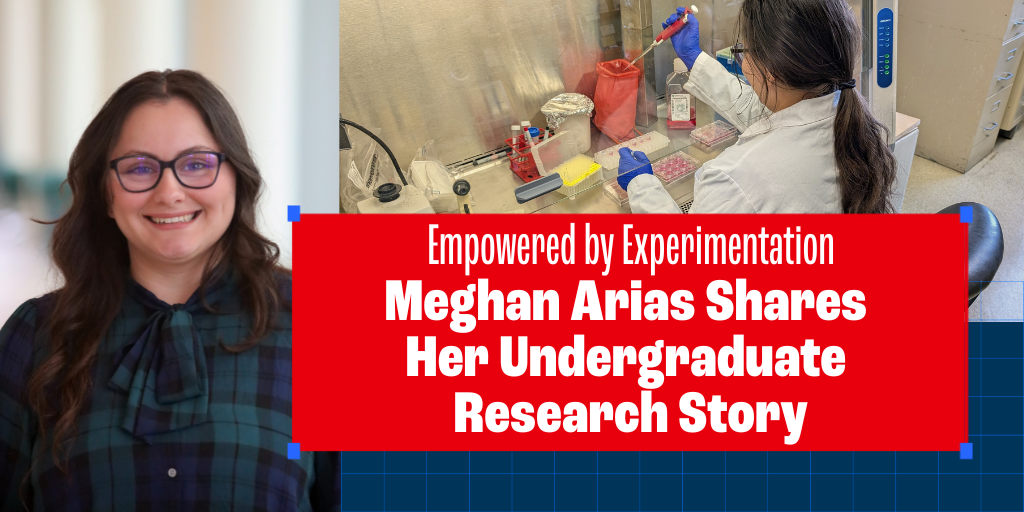
Meghan Arias is a Microbiology major in her third year at KU. Meghan received an Undergraduate Research Award for the Spring of 2025, which has allowed her to focus on her research, exploring how a host protein called PARP14 may inhibit herpes simplex virus 1 (HSV-1) in a strain-specific manner. We…
Lights, Camera … Class! College Classes Iconic Movie and TV Show Characters Would Take
Ever wondered what KU College classes your favorite TV and movie characters would enroll in? Whether they’d be struggling through midterms or sailing through their weekly quizzes, we’ve matched some iconic characters to College courses that are perfect for them. Michael Scott (The Office…
Charlie Johnson Takes an Interdisciplinary Approach to International Religious Freedom
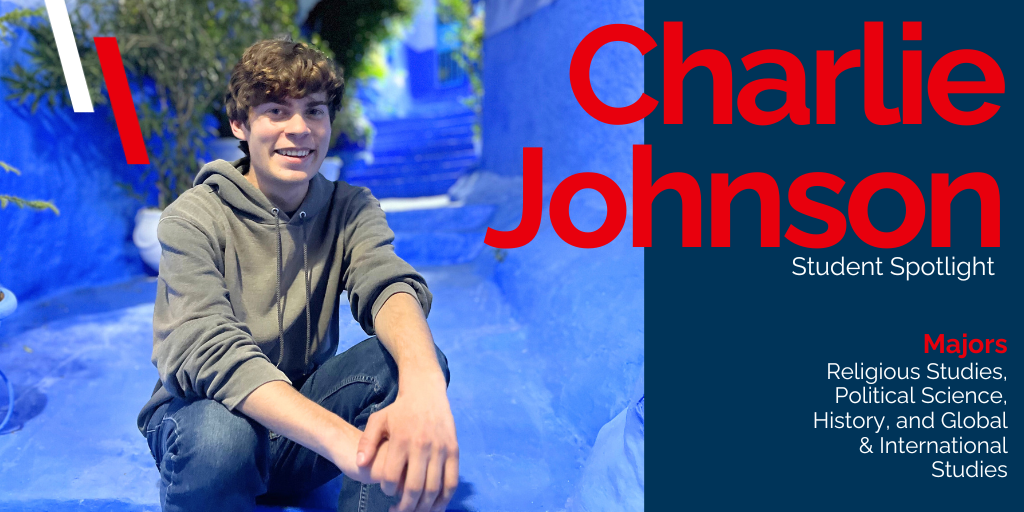
Charlie Johnson grew up here in Lawrence, but with a quadruple major in Religious Studies, Political Science, History, and Global & International Studies, his studies have taken him great distances away from the Hill. During his time at KU, Johnson has been a part of an internship through the…
Margarita Alely Nuñez Arroyo pursues a Ph.D. in American Studies, fueled by passion to give back to KU communities

Margarita Alely Nuñez Arroyo was born in Mexico and grew up in Compton, California. Family brought Nuñez to Emporia, KS and since choosing to become a Jayhawk, she has fully immersed herself in various KU communities as a first-generation student. After graduating with her B.S. in Journalism, she…
Jiyoon Park seeks a future in politics from Topeka to Capitol Hill
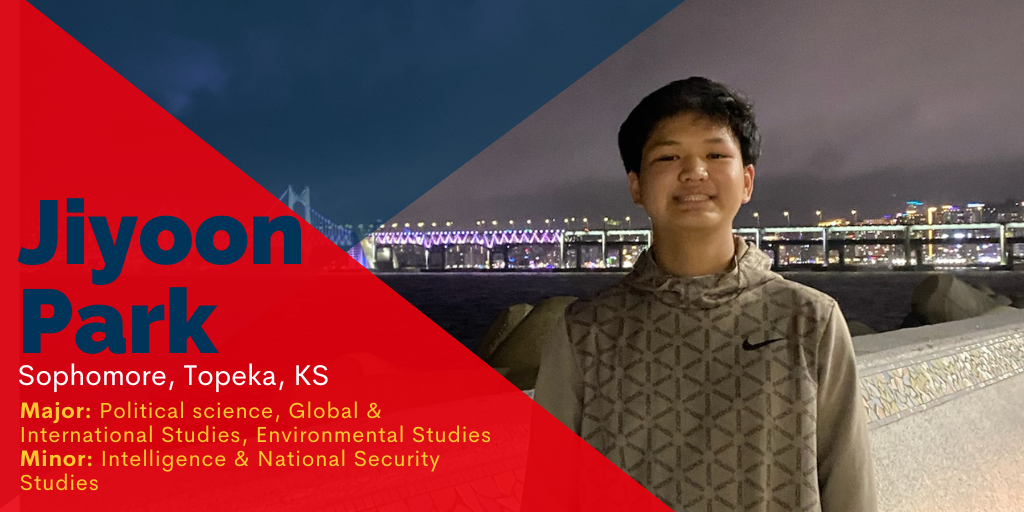
Jiyoon Park, a second-year Jayhawk, grew up in Topeka, just miles away from the state capitol building. Lawrence has always felt like a second home to him, since his mom teaches here, and he has always been around. Now triple-majoring in Political Science, Global & International Studies,…
Natalie Gendelman Takes Study Experiences Abroad in Rome, Poland, and Israel
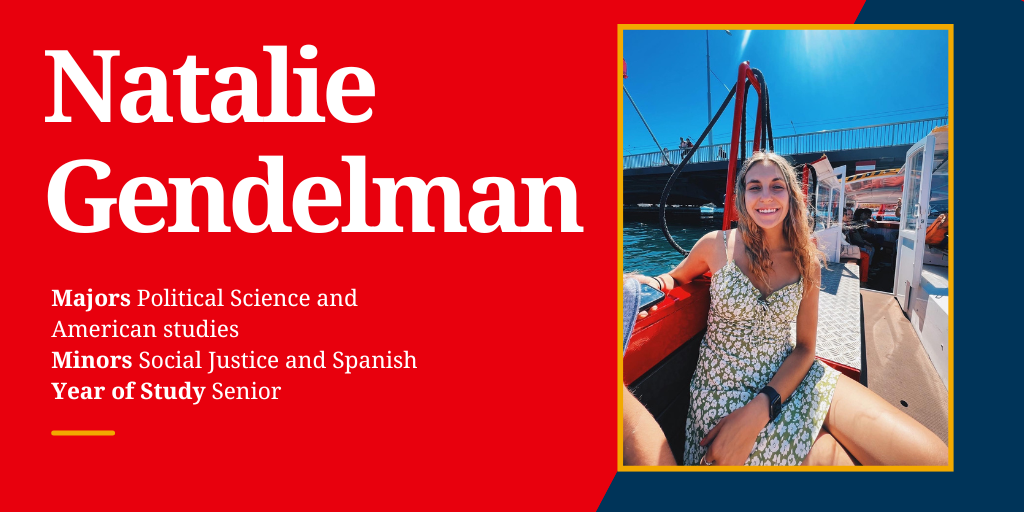
Natalie Gendelman is a senior studying Political Science and American studies, but she has already made post-grad plans to go into law and even start her own non-profit. Growing up in Denver, KU was never really on her mind, but after looking into it, it checked all of her boxes. Throughout…
Jordan Nevels Looks Toward a Future on the Big Screen
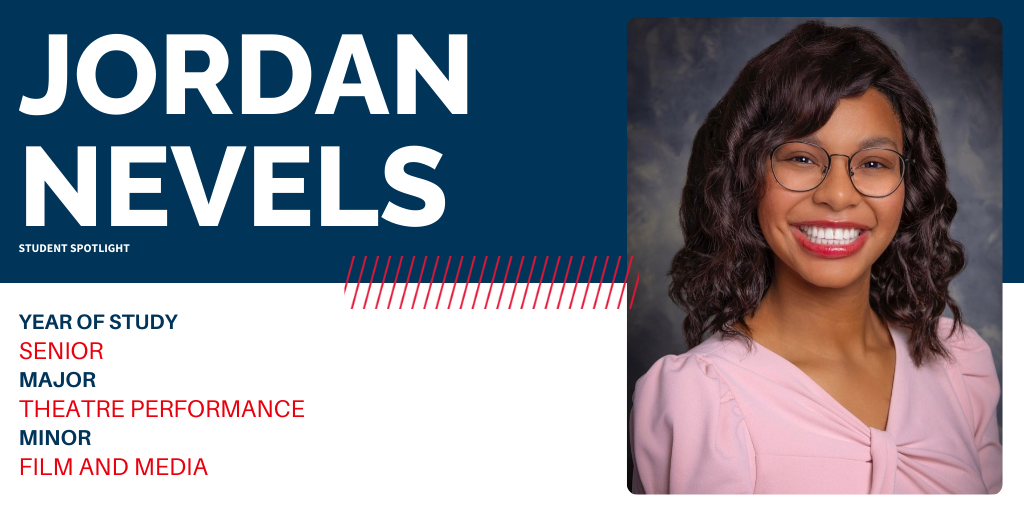
Jordan Nevels has been a Jayhawk for life, growing up in Overland Park, KS, less than an hour from campus. Choosing Theatre Performance and Film/Media studies at KU, she has been exposed to a vast array of experiences that have opened her eyes to what could be to come in a future in theatre.…
Joseph Hand’s Interests in Physics and Astronomy Take Him on an Extraterrestrial Journey
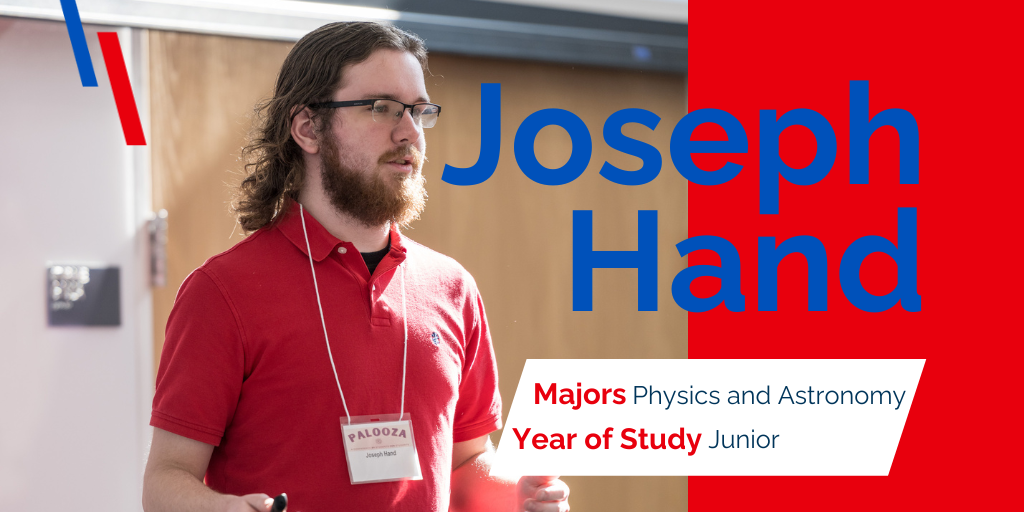
The University of Kansas is no stranger to research, and neither is junior Joseph Hand. With a long-standing passion for mathematics and the natural sciences, Hand now uses his interests and skills to double major in physics and astronomy. Hand’s favorite part of his time at the university…
Hawks to Watch: Seth Sanchez

Why Seth is a Hawk to Watch:Have you ever waved goodbye to the borders of Kansas — holding back tears — only to feel at home by finding a Free State beer in another time zone? You might have Seth Sanchez to thank for that. Or, have you ever tried a new Lawrence restaurant after coming across a…
Thresa Kelly embraces research opportunities to fuel passion for physics and astronomy
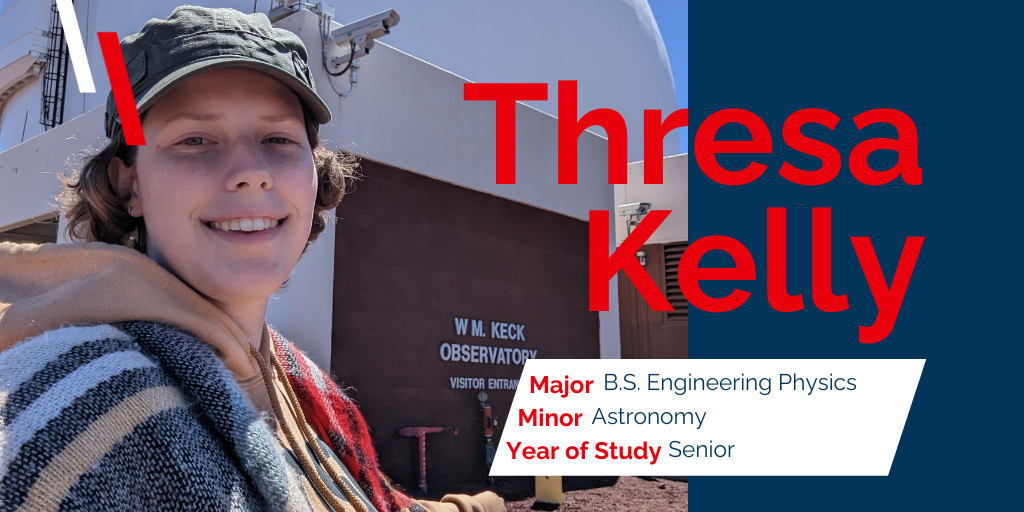
Thresa Kelly’s passion for STEM started on a high school robotics team – that same passion still fuels her research at the University of Kansas that has taken her to Hawaii. At the College, she appreciates the diverse range of subjects and students and staff who have guided her in her journey…